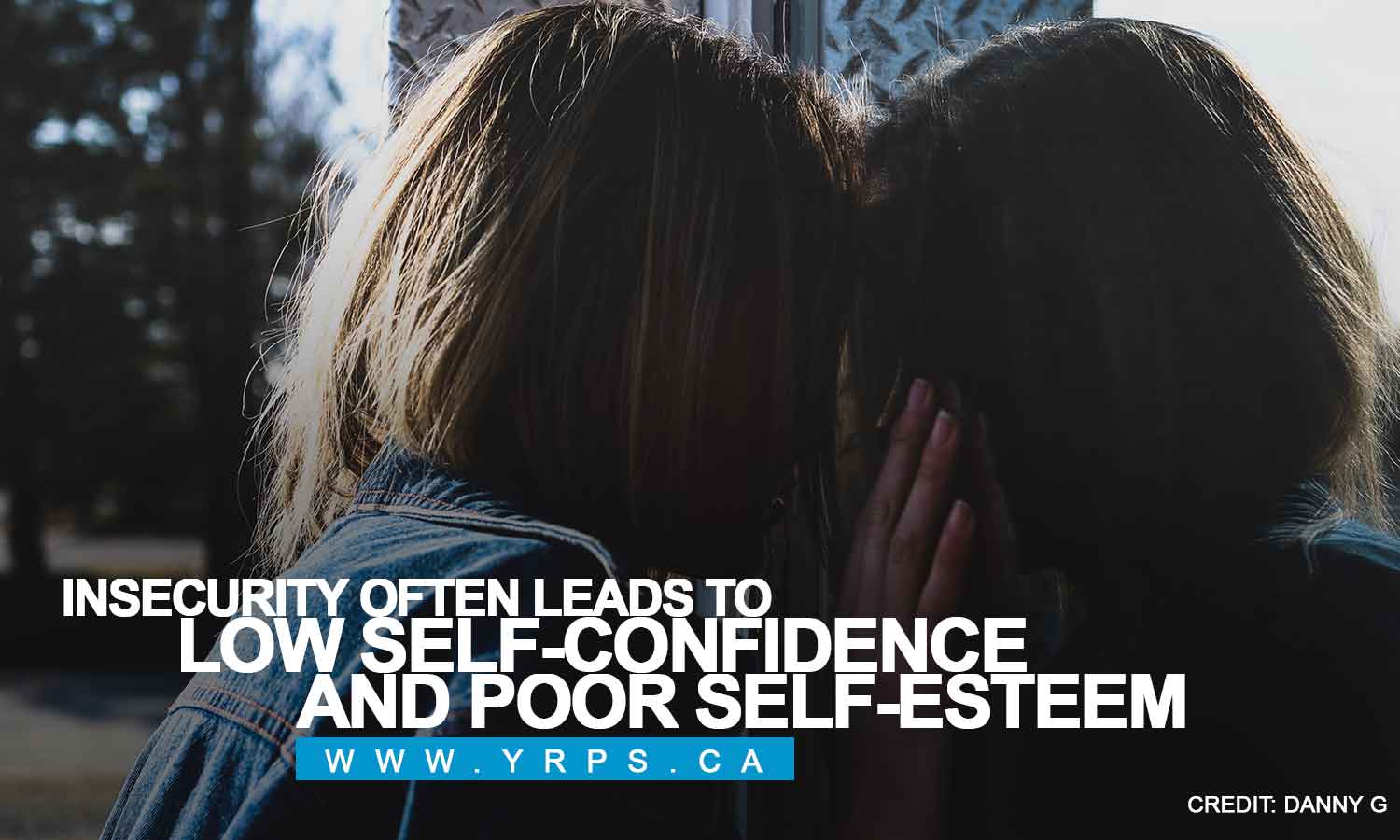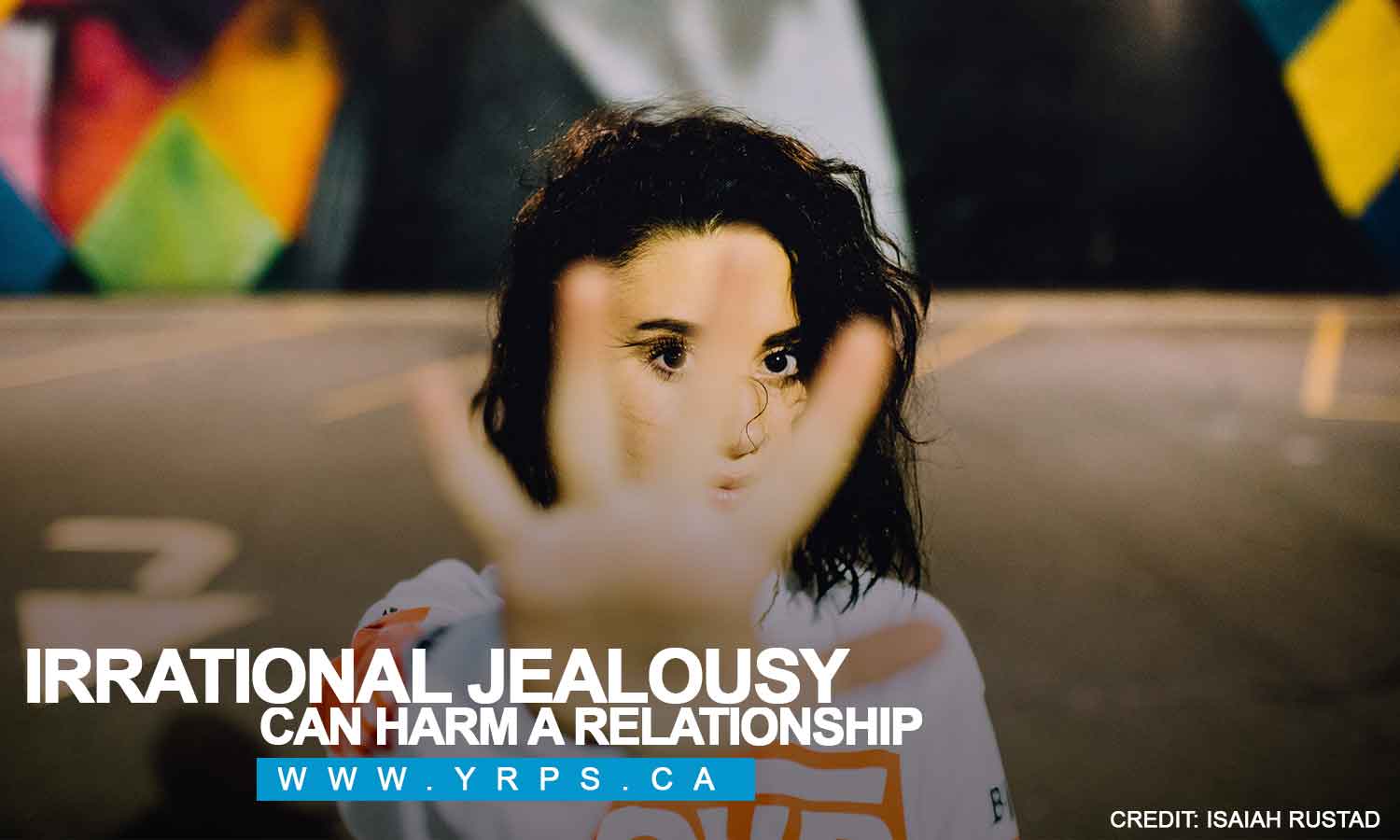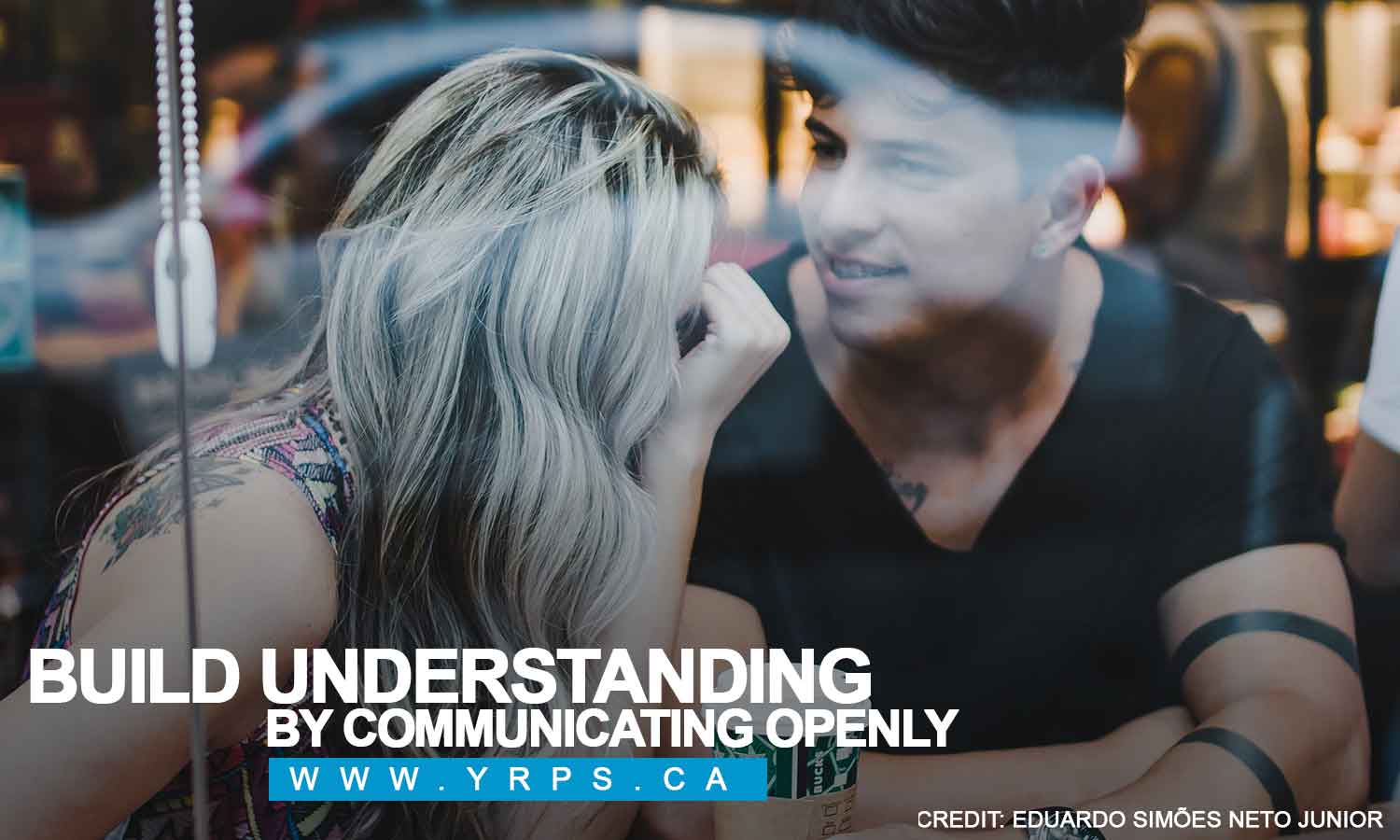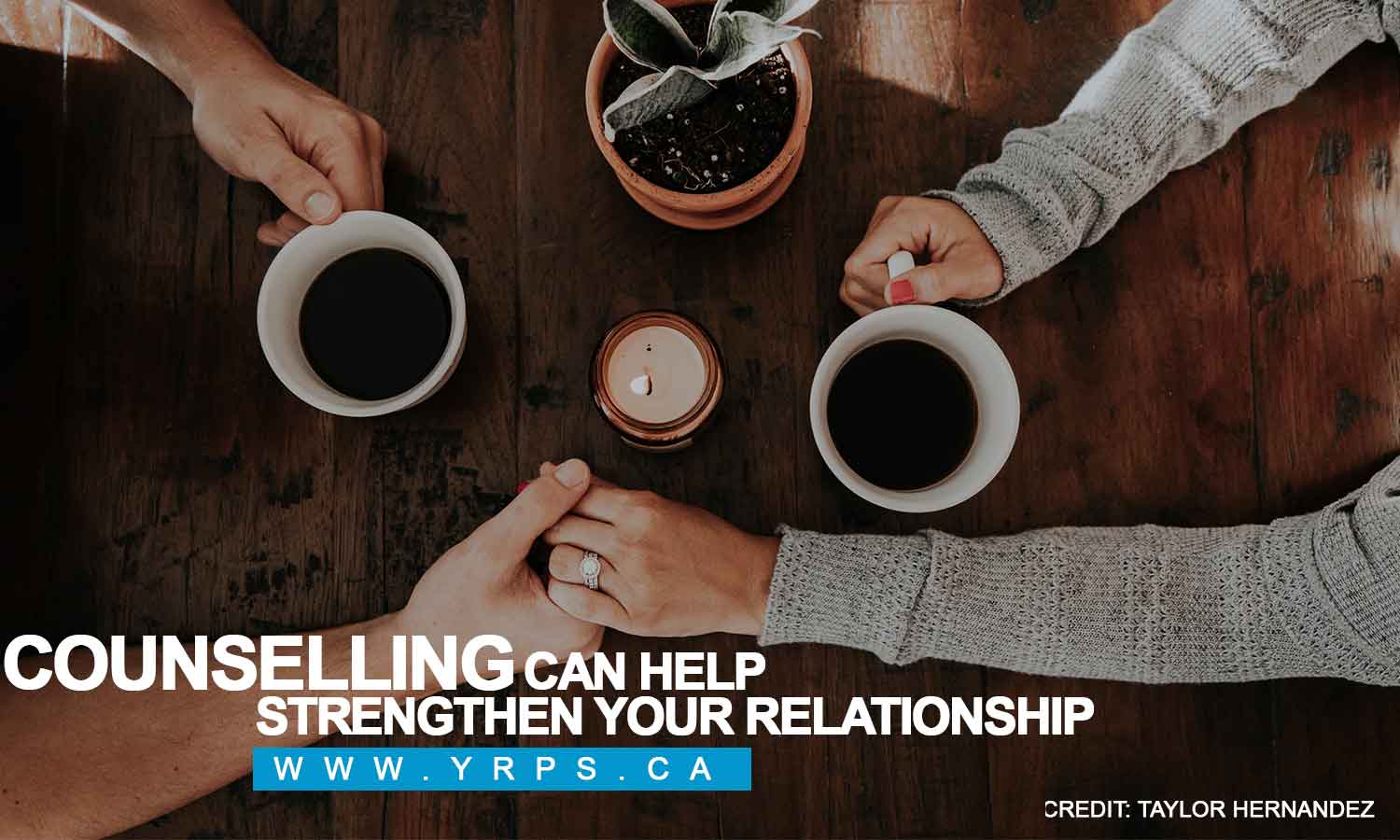Dealing with Jealousy in Relationships

Jealousy is an inevitable human emotion experienced by everyone from time to time. If we are in a committed relationship, we will have bursts of it, no matter how rational we might otherwise be. Occasional jealousy can be healthy; it shows that we care about our relationship and fear losing our partner. However, frequent or constant jealousy is a sign of insecurity, fear, and possessiveness.
When we allow jealousy to overwhelm our emotions, it not only hurts our relationship but our partners as well. Knowing and understanding where these feelings are coming from can help us to cope with the negative impact of jealousy, and resolve the underlying emotions that trigger it.

What Causes Jealousy
Jealousy is a powerful force that can damage or potentially destroy even the healthiest relationship. Persistent suspicion is a complex human feeling that stems from a wide array of emotions, thoughts, and behaviours. Relationship experts believe these four main factors cause toxic jealousy in a relationship:
- Insecurity – Feelings of insecurity often come from a poor self-image and low self-confidence. This self-doubt can make us question the feelings of our partner. An insecure person can easily feel jealous when comparing himself or herself to others.
- Fear – A 2018 article published in BBC’s Science Focus said that jealousy is a natural fear that evolved to encourage solid relationships. However, while a fear of loss might help strengthen a relationship, it can also become irrational and obsessive when that fear becomes overpowering.
- Competition – We want to be the best partner for our loved ones. A jealous individual takes this natural desire to the extreme and may view anyone as a potential threat. An excessive level of competitiveness can result in self-doubt and possessiveness, both of which can severely damage a relationship.Additionally, when we continually compare ourselves with others, we waste energy trying to impress our partner when it is unnecessary. Being constantly “on” can be draining, and lead to resenting our partner–even though they have nothing to do with the issue.
- Trust Issues and Past Trauma – Some people are traumatized by their past relationships. Having someone who cheated on them makes it difficult to trust again, even in a new relationship. When a person lacks trust, seemingly innocuous stimuli can easily trigger jealousy.

Consequences of Irrational Jealousy
Jealousy is an unpleasant feeling which floods our minds with irrational thoughts. When jealousy takes over, it can quickly become destructive.
Living in perpetual fear of betrayal can result in an individual taking extreme measures to prevent a potential breakup. Feeling threatened by a partner’s interactions with other people can stifle a relationship, erode trust on both sides, and eventually push the relationship downhill.
In a sad type of irony, taking extreme measures to protect a relationship can damage it, and potentially lead to irreparable harm.

Communication is Crucial
The best way to prevent jealousy is by keeping the communication lines open with your partner. You can start by telling your partner how much they mean to you and calmly explain your anxiety or insecurity about the relationship. Admitting your fears is a good way to open the door of communication, allowing your partner to understand the source of your jealousy. Chances are your partner will reaffirm their love and offer reassurance about your relationship.
When we are open about our feelings, we help our partner understand us — and it can help us to understand their emotions as well. It also lets us see how stable and satisfying the relationship can be. Once we accept that we are worth loving, it will be easier to focus on building and strengthening the relationship.

Healthy Ways to Overcome Jealousy
When jealousy strikes, it is crucial to evaluate the reasons behind this feeling. What is causing us to react this way? Is there an actual outside threat to the relationship, or there is a more personal issue at play?
Overcoming jealousy usually starts with awareness. By exploring and understanding feelings of resentment or suspicion and why we overreact to them, we can learn more about ourselves and avoid behaviours that can be hurtful to our partners.
Tips on how to deal with jealousy:
- Challenge Your Thoughts – Before we succumb to jealousy, interrogate the thought process that lead to those feelings. Why would your partner do what you fear they did? If the answer relates to feelings of insecurity, poor self-image, or a fear of losing your partner, it’s far likelier that the issue lies with our emotions rather than your partner’s actions.
- Avoid Acting on Your Feelings – Much of the damage done by jealousy is how we express these feelings. Bear in mind that we are social beings; your partner needs to interact with others. Understand that there is a reason why you are both in a committed intimate relationship. The next time you feel jealous, acknowledge the feeling, understand the situation, and be wise and reasonable about it.
- Be Supportive of Each Other’s Emotions – Admitting jealousy is good; lashing out at our partner is never good. What works is being supportive. We are not responsible for how our partner feels, but we do need to be aware of, and sympathetic to, their emotional needs. Learn how to listen to each other. Respect each other’s boundaries. Acknowledge each other’s fears. Supporting each other will lead to feeling emotionally safe in each other’s company.
- Learn to Appreciate Yourself – A jealous partner often believes that they are not good enough, that their partner will find someone “better” and leave the relationship. Remember: your partner chose to be with you for a reason. There is something special about you that drew them to you. Accept that, and learn to appreciate what they love about you.
- Trust Your Partner – Trust is one of the fundamental factors that make a relationship successful. Trust that the things that attracted you to your partner are part of their core being; and also trust that the things that drew them to you are your lasting, good qualities.
- Trust Yourself – When we start trusting ourselves, it becomes easier for us to feel secure and love ourselves deeply. Self-trust makes us grow more confident. When we trust ourselves, it becomes easier to believe in others, creating a positive feedback loop that will strengthen your relationship.
- Unpack Your Baggage – We often bring negative experiences from previous relationships into current ones. That is inevitable; our pasts are, after all, part of our lives. What is important is to acknowledge and deal with the emotional fallout from past experiences. Failing to do so can slowly erode trust in a relationship, as events or actions remind you of past trauma.In contrast, enlisting the help of your partner to deal with these issues can build trust and improve your relationship. Heal old wounds, be resilient, and don’t allow your past to harm your present relationship.
Jealousy can damage and destroy relationships. By following these tips, you can learn how to build healthy relationships founded on love, trust, and mutual respect.

Seeking out professional counselling can help strengthen a relationship. Expressing your thoughts and emotions to each other and a relationship counsellor is an effective way to prevent jealousy from consuming the bond between you and your partner.
For couples or marriage counselling in Thornhill, call York Region Psychological Services at (416) 602-3230. Our qualified psychologists can help you explore your concerns and come up with effective strategies to address and resolve relationship issues.




